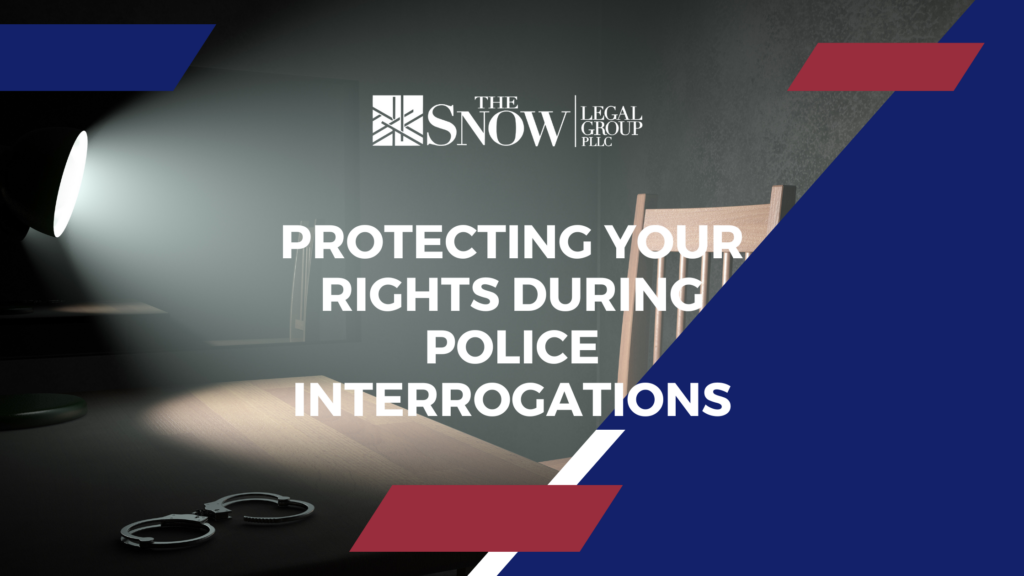
Everyone should have a basic understanding their civil rights – not only in daily activities, but especially while interacting with law enforcement for any reason. The Fifth Amendment offers protection against self-incrimination, a cornerstone of American law that allows individuals to invoke their right to remain silent.
This protection is crucial during interactions with law enforcement, particularly in high-stress situations like police interrogations. However, just because someone is not being accused of a crime, does not mean they should ignore this right either.
The 5th Amendment and Avoiding Incrimination
The right to remain silent, enshrined in the Fifth Amendment, serves as a critical defense for individuals against inadvertently incriminating themselves during police interrogations. Invoking this right is straightforward; one needs to clearly state, “I invoke my right to remain silent.” This declaration should, in theory, halt further questioning by the police in the absence of legal representation. It’s a fundamental safeguard designed to protect individuals’ liberties and ensure that they are not compelled to become witnesses against themselves if arrested.
Understanding Miranda Rights
Miranda Rights are often misunderstood. Many believe that if these rights are not read during an arrest, any subsequent case is invalid. However, the core purpose of Miranda rights is to ensure that individuals are aware of their rights against self-incrimination and their right to an attorney during custodial interrogations.
The failure to read these rights does not invalidate an arrest but may render statements made without this warning inadmissible in court. Importantly, statements made voluntarily to police without a Miranda warning can still be used in court if the individual is not in custody, underscoring the importance of invoking the right to remain silent proactively.
Interacting with Law Enforcement
The way an individual interacts with law enforcement during an interrogation can significantly affect the outcome. Staying calm and composed is vital, as is the decision to exercise the right to silence to avoid self-incrimination. Politely stating the intention to remain silent and requesting an attorney are critical steps in safeguarding one’s rights.
Additionally, understanding the nuances of consent, especially regarding searches, is imperative. Law enforcement may request consent to search personal property, but in certain circumstances, individuals have the right to refuse. Knowing when and how to assert these rights can protect individuals from unwarranted searches and potential legal complications.
The Importance of Legal Representation
The role of an attorney during police interrogations cannot be understated. Legal representation isn’t just a right, they have the power to have a real impact on the outcome of your case. If an attorney is present during an interrogation, they can advise on which questions to answer and how to phrase responses to protect one’s interests. Moreover, the presence of an attorney ensures that law enforcement respects the individual’s rights throughout the interrogation process, protecting their right to a fair trial.It’s especially important to note that even if you’re not under arrest, asking to speak with an attorney is not an admission of guilt; it’s your right! If you or someone you know is in need of legal advice or representation during a police interrogation, reach out to us right away by calling 704-644-8324. Schedule a consultation with The Snow Legal Group, PLLC today, and let us stand by your side to protect your rights and interests every step of the way.